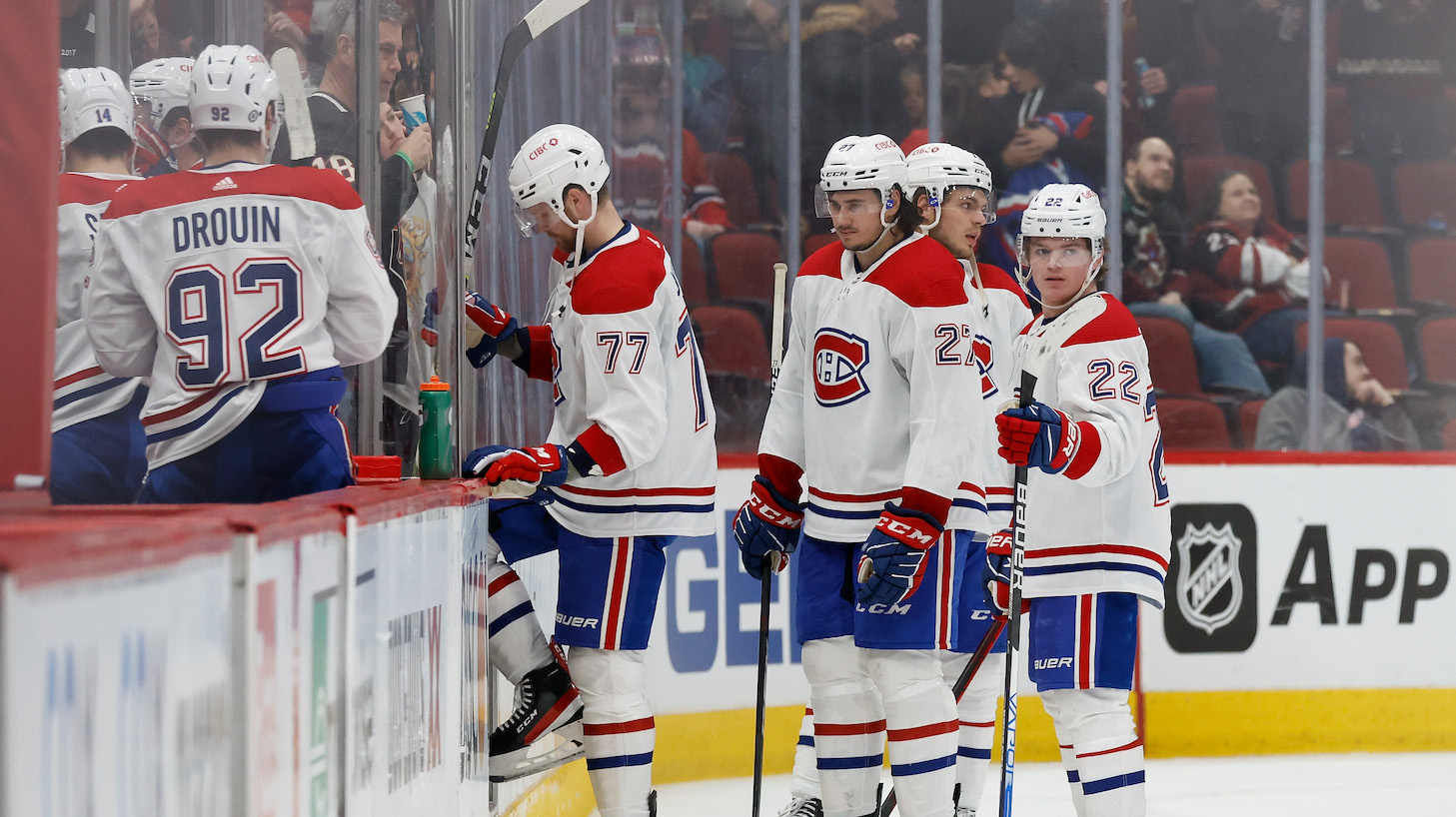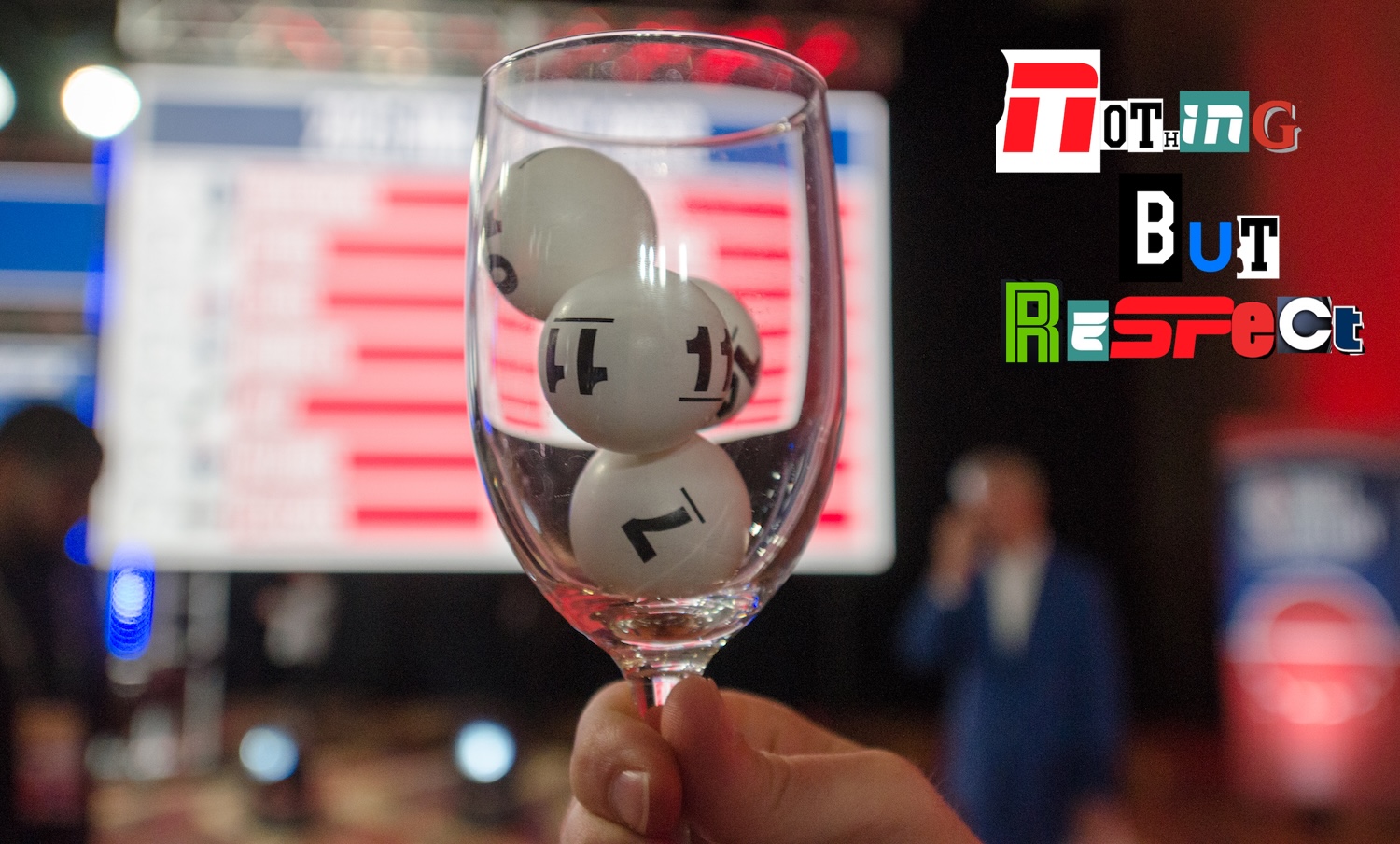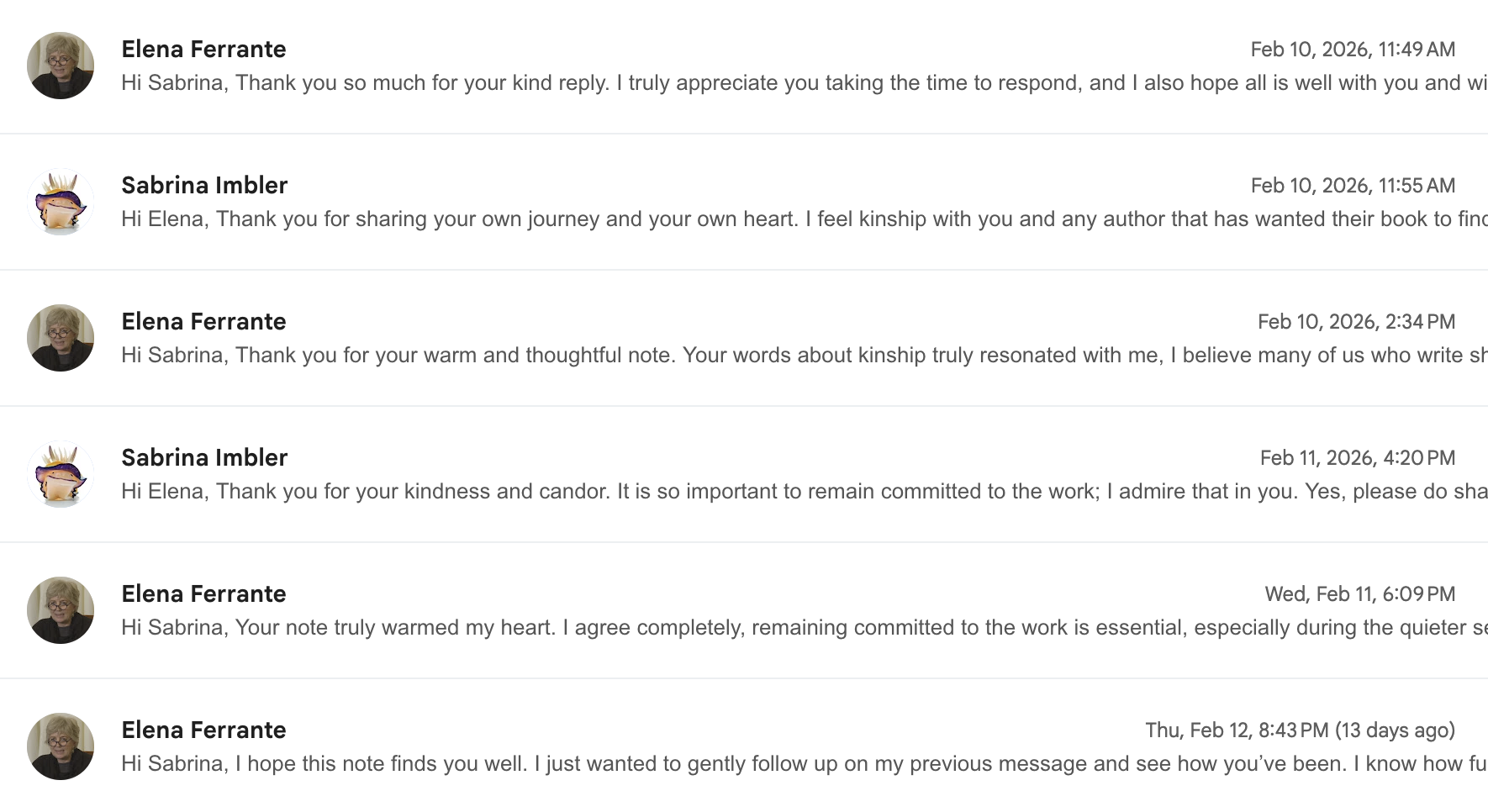It is extraordinarily hard to do what the Habs are doing right now. Not losing more often than any other team—that happens every year to someone, and we know, because we've checked. Someone always has the worst record in the league. You're welcome.
But what the 2021–22 Montreal Canadiens are doing, and in such spectacular ways (just to show the most recent example), is pretty damned special because they were a Stanley Cup finalist back in July. To go from good to awful so swiftly takes some high-quality moxie, and an unusual explanation, to wit:
- The Toronto Arenas of 1918–19, who won the Cup and then went broke because of legal bills stemming from their role in helping the other teams’ owners disband and form a new league just to get rid of Toronto's old owner, Eddie Livingstone, who apparently was a bit of a prick.
- The New York Nets of 1976–77, who won the last ABA title, joined the NBA after being forced to give Julius Erving to Philadelphia as part of the settlement, and went 22-60.
- The 1998 Florida Marlins, who took a page from the 1915 Philadelphia A's and gutted their championship team so that owner Wayne Huizenga would be able to more swiftly ruin the market for all time. Everyone got what they wanted except Miami, which got its revenge by never going back to the ballpark except for those seven playoff games in 2003, five of which against the Cubs and Yankees who brought their own fans. They haven't made the playoffs except in the bastardized 2020 season since.
- The 2019–20 Golden State Warriors, who lost the finals to Toronto, Stephen Curry and Klay Thompson to injury, Kevin Durant to injury and then wanderlust (or maybe the other way around), and Draymond Green to disinterest.
- The 1964–65 San Francisco Warriors, for no apparent reason save maybe Wilt Chamberlain's agitation about being traded back to Philadelphia so that he could better supervise the operation of his New York nightclub—and because he didn't really want to be out west to begin with, even though he found a way to get from Philadelphia to Los Angeles four years later. He was a bit of a rogue that way.
But maybe the Habs' way of doing things is closest to the way the 1938 Chicago Black Hawks won their first Cup—by being awful for all but three weeks, which is old-time hockey for the modern six weeks. Hockey allows this in part because a goalie can cheat the reaper in ways that even Andy Reid hasn't envisaged, and those Black Hawks and these Canadiens are exactly that.
Those Hawks were 14-27-7 in 1937, 14-25-9 in 1938, and 12-28-8 in 1939, so their window for victory was hilariously tiny, and they managed to score only 97 goals in those 48 games in the Cup-winning season, which would have been unusual except for the fact that it was essentially the same number they had managed to score give or take a couple of either side for an entire decade. They were awful on merit, but they had those three weeks of improbably good play, culminating in a win in the final against, you guessed it, the Toronto Maple Leafs.
In other words, those Black Hawks are these Canadiens. The Habs lost Carey Price, the savior of 2021, and Shea Weber and Joel Edmundson to injury, and Phillip Danault and Tomas Tatar to free agency, and have been playing their kids-with-cool-modern-hockey-names like Sam Montembeault and Cayden Primeau and Rem Pitlick and Kale Clague in hopes of getting that elusive franchise-changing draft choice to predictable effect. Their team numbers are too uniformly terrible to go into much detail, which is to say they do nothing well beyond committing lots of penalties that result in opposition goals, but trust us, they're 8-26-7 entirely on merit.
But they weren't that much to shout about last year either, getting in as the worst of the playoff teams in the underinspiring Canadian Division and only finding momentum by falling behind 3-1 in the first round of the playoffs before beating, you guessed it, the Toronto Maple Leafs.
In short, Montreal was essentially a sub-mediocre team that got hot at the right moment and then swiftly reverted to room temperature. And room temperature in hockey is significantly colder. They were bad, then they were great, and now they're worse than the bad they were. The only thing they might have going for them is that five of the other six Canadian teams are also struggling and the one that isn't is, you guessed it, the Toronto Maple Leafs. The Habs might end up sucking in relative anonymity, like those Black Hawks teams, but they'll always have July 2021, just like they had June of 1993, and like they'll probably have August of 2049.






